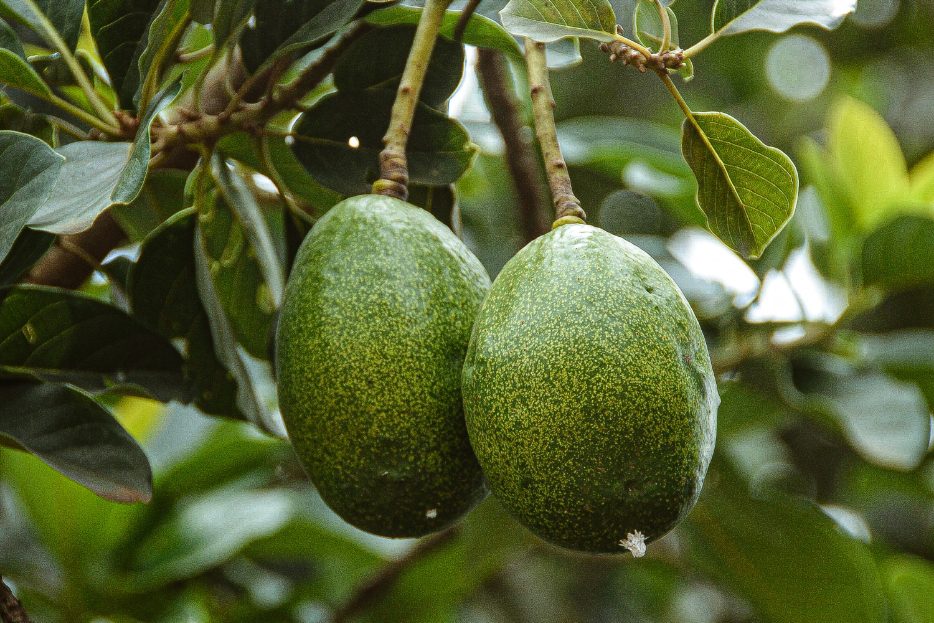Ajustes de privacidad
Decida qué cookies quiere permitir.
Puede cambiar estos ajustes en cualquier momento. Sin embargo, esto puede hacer que algunas funciones dejen de estar disponibles. Para obtener información sobre eliminar las cookies, por favor consulte la función de ayuda de su navegador.
Aprenda más sobre las cookies que usamos.
Con el deslizador, puede habilitar o deshabilitar los diferentes tipos de cookies:
Este sitio web hará:
Este sitio web no:
- Remember which cookies group you accepted
- Esencial: recuerde su configuración de permiso de cookie
- Esencial: Permitir cookies de sesión
- Esencial: Reúna la información que ingresa en un formulario de contacto, boletín informativo y otros formularios en todas las páginas
- Esencial: haga un seguimiento de lo que ingresa en un carrito de compras
- Esencial: autentica que has iniciado sesión en tu cuenta de usuario
- Esencial: recuerda la versión de idioma que seleccionaste
- Funcionalidad: recordar la configuración de las redes sociales
- Funcionalidad: recordar la región y el país seleccionados
- Analytics: realiza un seguimiento de las páginas visitadas y la interacción realizada
- Analytics: Realiza un seguimiento de su ubicación y región en función de su número de IP
- Analytics: Lleva un registro del tiempo dedicado a cada página
- Analytics: Aumenta la calidad de los datos de las funciones estadísticas
- Esencial: recuerde su configuración de permiso de cookie
- Esencial: Permitir cookies de sesión
- Esencial: Reúna la información que ingresa en un formulario de contacto, boletín informativo y otros formularios en todas las páginas
- Esencial: haga un seguimiento de lo que ingresa en un carrito de compras
- Esencial: autentica que has iniciado sesión en tu cuenta de usuario
- Esencial: recuerda la versión de idioma que seleccionaste
- Funcionalidad: recordar la configuración de las redes sociales
- Funcionalidad: recordar la región y el país seleccionados
- Analytics: realiza un seguimiento de las páginas visitadas y la interacción realizada
- Analytics: Realiza un seguimiento de su ubicación y región en función de su número de IP
- Analytics: Lleva un registro del tiempo dedicado a cada página
- Analytics: Aumenta la calidad de los datos de las funciones estadísticas



